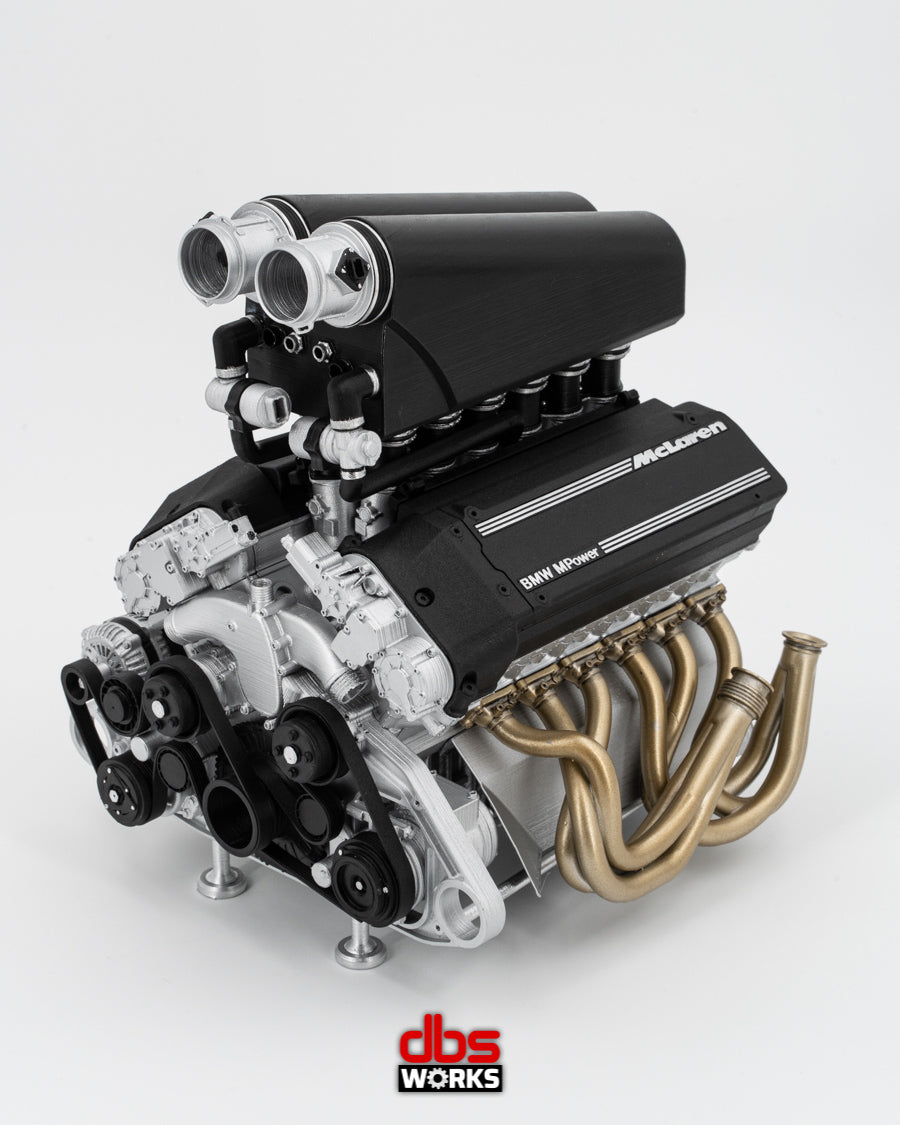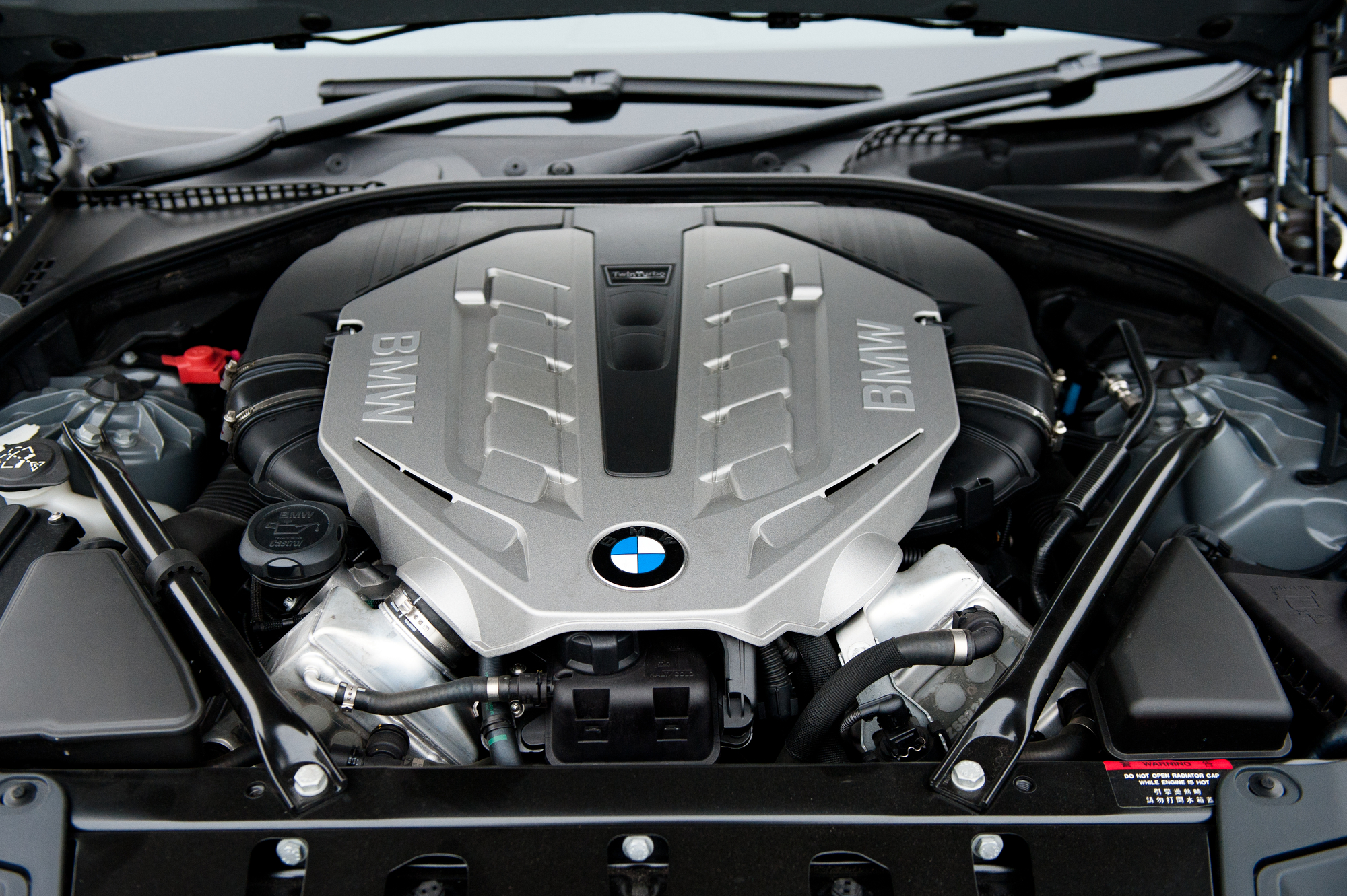The Duty of BMW Engine Design in Achieving Exceptional Fuel Efficiency
The Duty of BMW Engine Design in Achieving Exceptional Fuel Efficiency
Blog Article
Introducing the Intricacies of Next-Generation Power Units: a Deep Dive Into Advanced Engine Designs and Developments
In the world of auto design, the unrelenting search of performance, efficiency, and sustainability has actually thrust the evolution of power units to unmatched elevations. As we depend on the precipice of a new era in transportation, the complexities of next-generation engine designs bid us to discover the advanced innovations and technologies that assure to redefine the driving experience. From innovative materials that push the boundaries of longevity and weight decrease to innovative turbocharging and supercharging systems that elevate power result to new levels, each part of these power devices holds a vital to opening the future of automotive design. Digging much deeper right into the worlds of emission control, smart engine administration systems, and the perspective of power system development, we find ourselves on the cusp of a change that assures to reshape the landscape of movement as we understand it.
Advancement of Engine Products

The shift towards advanced engine products has actually also enabled designers to design engines with higher power outcomes while preserving fuel performance criteria. The use of lightweight materials lowers the overall weight of the engine, leading to improved gas economy and reduced exhausts. In addition, innovations in products modern technology have actually permitted far better thermal management within engines, causing raised integrity and durability.
Turbocharging and Supercharging Technologies
How do Turbocharging and Supercharging Technologies revolutionize engine efficiency and effectiveness in modern automobiles? Supercharging and turbocharging are innovations that significantly improve engine performance by increasing the amount of air intake into the burning chamber. Turbocharging achieves this by utilizing a generator driven by exhaust gases to pressurize the consumption air, while supercharging uses a belt- or chain-driven compressor to attain the exact same result.
These technologies enable smaller, extra fuel-efficient engines to create power comparable to larger ones, called downsizing. Forcibly more air right into the cyndrical tubes, turbocharging and supercharging boost combustion efficiency, causing raised horse power and torque result without a significant boost in engine size. This brings about much better acceleration, hauling ability, and total driving efficiency.
Additionally, turbo charging and turbocharging add to enhanced fuel performance by allowing the use of smaller engines that take in much less fuel under normal driving problems - bmw engine. This mix of enhanced performance and performance has actually made turbocharging and supercharging indispensable components of several modern-day engine designs
Emission Control and Environmental Impact
With enhancing worldwide worries relating to air quality and environmental sustainability, the implementation of emission control innovations in cars plays a vital function in reducing hazardous pollutants launched into the environment. Modern vehicles are furnished with sophisticated discharge control systems that assist minimize the environmental effect of auto operations. Catalytic converters, for example, are designed to convert harmful gases such as carbon monoxide gas, nitrogen oxides, and hydrocarbons into much less unsafe materials like co2 and water vapor.
Moreover, developments in engine modern technology, such as the assimilation of exhaust gas recirculation systems and careful catalytic reduction, have considerably added to decreasing exhausts. These modern technologies function in tandem to enhance combustion efficiency and lessen the release of unsafe toxins right into the air. Additionally, the advancement of crossbreed and electric vehicles stands for a vital step in the direction of reducing the general environmental footprint of the transportation sector.
Intelligent Engine Management Solution

Moreover, these systems allow cars to fulfill rigorous emissions standards without endangering performance, providing a much more eco pleasant driving experience. The assimilation of synthetic intelligence and artificial intelligence abilities in engine management systems proceeds to press the boundaries of what is possible, causing more renovations in effectiveness, integrity, and overall vehicle performance. bmw engine. As vehicle modern technology breakthroughs, intelligent engine management systems will certainly play an essential function fit the future of transportation in the direction of a more sustainable and reliable instructions
Future Trends in Power System Development
As smart engine administration systems pave the way for boosted control and optimization in modern cars, future trends in power system development are positioned to redefine the landscape of automotive propulsion innovations. Among the key patterns driving advancement click here for more info in power system advancement is the change in the direction of electrification. With an increasing focus on sustainability and decreasing carbon exhausts, crossbreed and electrical powertrains are ending up being extra widespread in the automotive sector. These different power resources supply improved performance and efficiency while aligning with rigid environmental laws.
An additional considerable pattern is the combination of sophisticated products and producing methods. Light-weight products such as carbon fiber and my site aluminum are being utilized to decrease overall lorry weight, improving gas effectiveness and efficiency. Furthermore, developments in 3D printing and additive manufacturing are making it possible for the production of intricate engine components with greater precision and sturdiness.
Additionally, expert system and equipment discovering are playing an essential role in optimizing power device performance. These technologies allow for real-time surveillance and flexible control, bring about much more reliable and reliable power delivery. Generally, future patterns in power system development are tailored towards performance, performance, and sustainability, driving the auto market in the direction of a new age of propulsion modern technologies.

Conclusion
In conclusion, the innovations in engine materials, turbocharging, emission control, and smart administration systems have paved the method for next-generation power systems. These technologies have not just improved performance and performance but likewise decreased ecological effect. As modern technology proceeds to progress, future fads in power unit development are most likely to concentrate on more enhancing sustainability and enhancing power result. The complex styles and innovations in contemporary engines showcase the ongoing development of automobile modern technology.
Discovering the progressive improvements in engine materials has been critical in improving the efficiency and effectiveness of contemporary engines. Over the years, the development of engine materials has actually played a vital function in pressing the limits of what engines can achieve.The change towards progressed engine materials has additionally enabled engineers to create engines with greater power results while maintaining fuel efficiency requirements.The application of smart engine monitoring systems in modern lorries Your Domain Name has actually reinvented the method engines are managed and maximized for performance and performance. By collecting data in real-time and evaluating it with innovative algorithms, intelligent engine monitoring systems can adjust to driving designs, ecological factors, and engine health to take full advantage of power result while lessening fuel usage and emissions.
Report this page